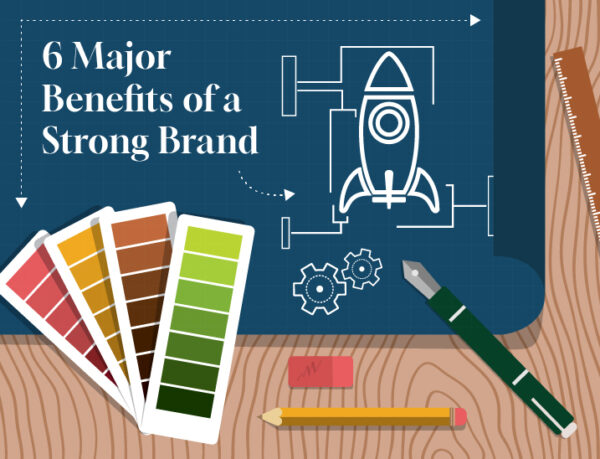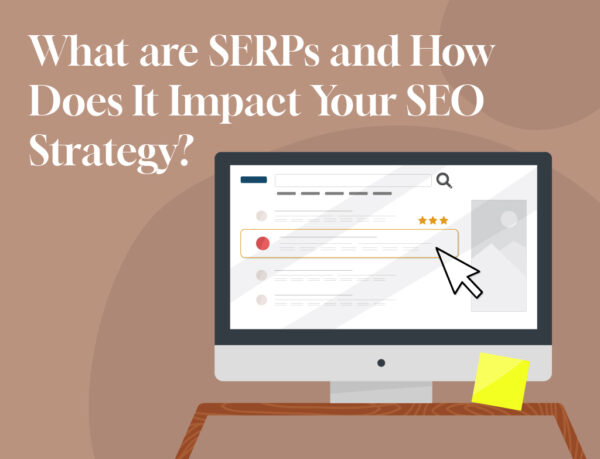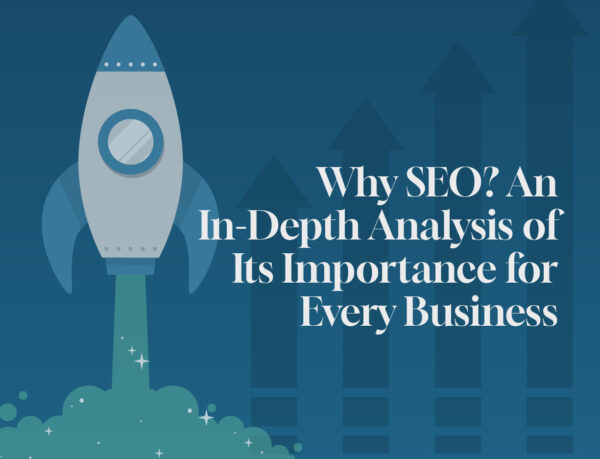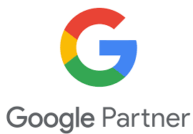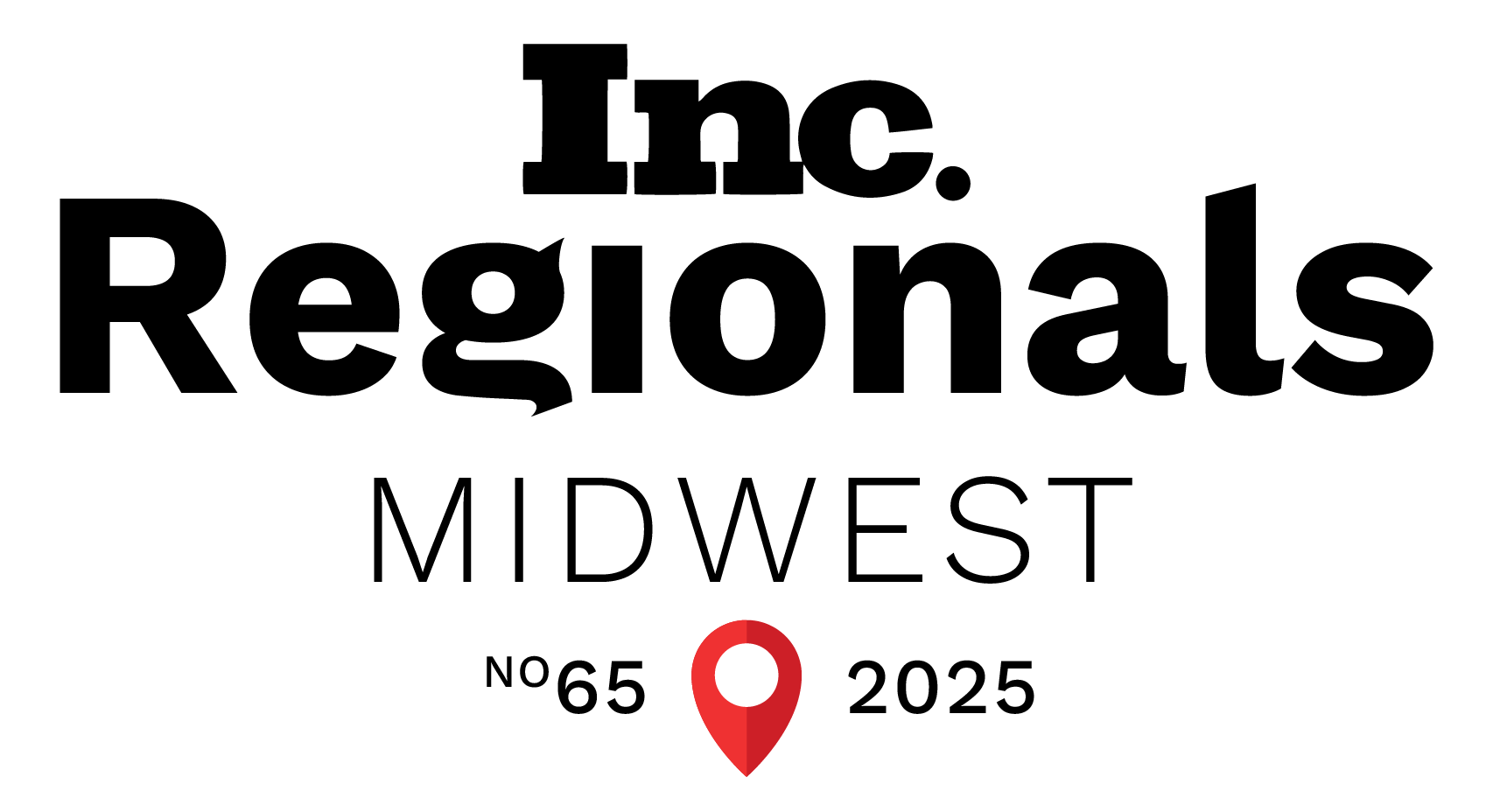Using AI for SEO: How to Get the Most Out of AI-Powered Tools

In This Article
Search engine optimization (SEO)—which, as the name suggests, entails optimizing your content for search engines—can be time-consuming. Many different factors impact your site’s ranking, including keywords, content quality, page load times, and videos.
If you don’t keep up with Google’s constantly changing algorithms, your business will likely struggle to stay at or near the top of search engine results pages (SERPs). Fortunately, artificial intelligence is here to bolster your website’s SEO ranking—and improve your overall marketing performance.
What Do I Need to Know About AI?
Artificial intelligence (AI) refers to any automated programs and technologies with the ability to “learn” and adjust their responses. Because AI can perform repetitive processing tasks quickly and more accurately than humans, companies that use AI are poised to gain a significant advantage over their competitors.
AI can be a standalone program or be incorporated into larger platforms, making it one of the biggest digital marketing trends of 2023. Consider the following ways AI has been incorporated into our everyday lives:
- ChatGPT, Jasper, and Grammarly are just a few of the AI content writing tools available on the market today.
- Amazon uses AI for product recommendations that are based on your shopping history.
- GPS apps use AI to create route maps for travel.
- Language sites use AI to provide instant translation for words, phrases, or entire websites.
- Chatbots and virtual assistants pop up instantly on shopping websites to answer customer questions and make recommendations.
- TV and video sites use AI to generate captions and subtitles.
To get the most benefits from AI implementation, you need to know that artificial intelligence is used at both ends of the digital marketing spectrum. For example, businesses are increasingly relying on generative AI to create new content, brainstorm ideas, and hone their marketing strategies.
However, Google and other search engines have also implemented AI to deliver more relevant SERP results. With a bit of know-how, companies can leverage AI SEO tools to create the content that Google’s AI-powered algorithms are looking for—improving organic rankings and reaching more of their potential customers.
How AI and SEO Work Together
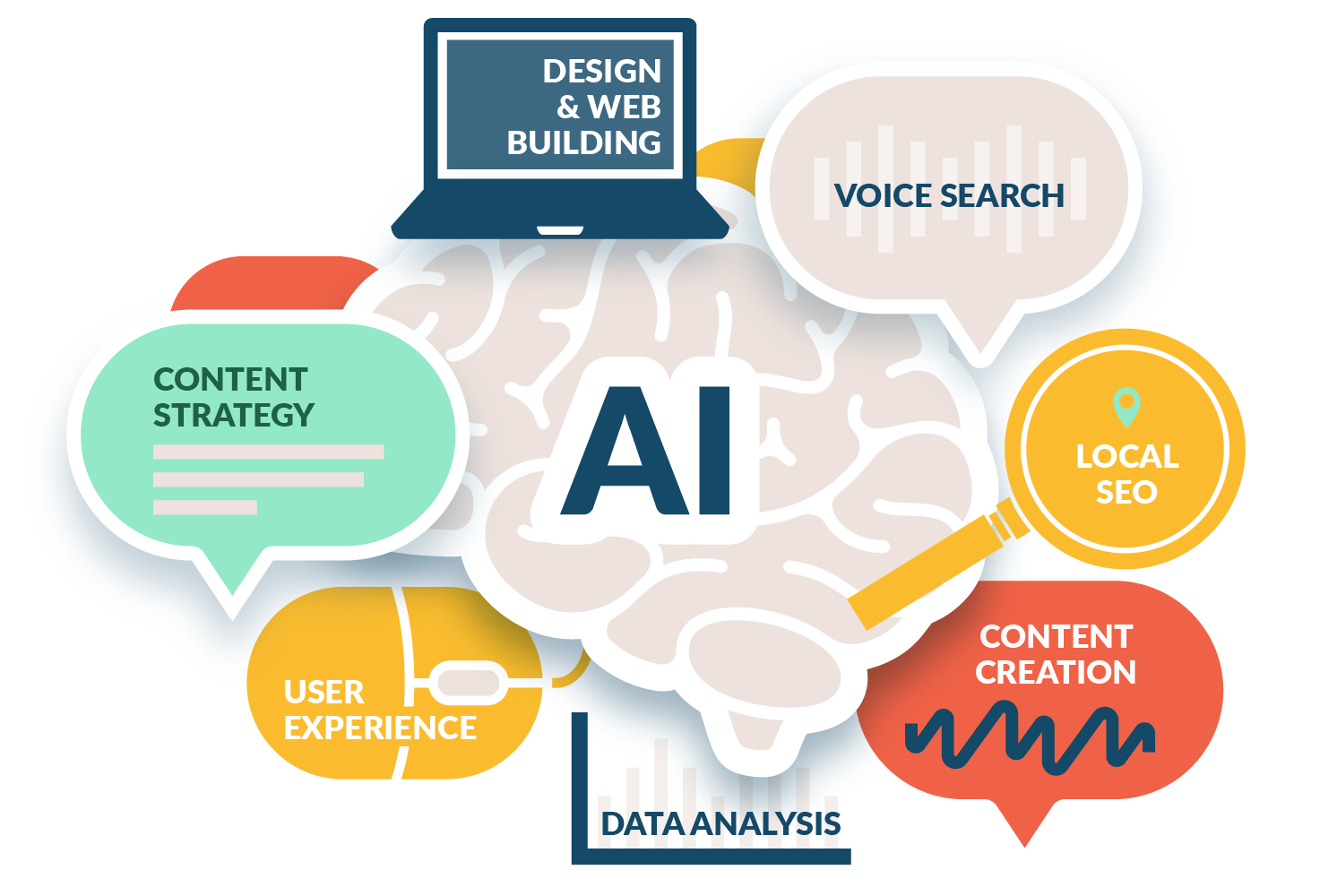
SEO’s importance cannot be overstated—and no amount of keyword stuffing will get you the organic traffic you need to survive and thrive. Search engines are constantly tweaking their algorithms, rewarding pages that are most likely to provide the user with helpful information.
In the age of AI, search engines go far beyond the words typed into the search box. They look at the context, intent, and overall concepts related to the user’s query. Creating content that ranks highly on SERPs involves a delicate and sophisticated mix of keywords, length, images, and compelling copy. AI can help with the process from beginning to end, playing a role at every stage.
Content Strategy
AI-powered SEO strategies help businesses discover new ranking opportunities, allowing them to use unexplored marketing tools to their full advantage. Almost immediately, you’ll know the most popular questions users ask before coming to your site, pages that are getting little to no traffic, and other actionable data.
- AI tools such as Grammarly Plagiarism Checker can highlight blocks of content that appear on other sites, helping you avoid duplication penalties.
- Google’s “People Also Ask” section identifies trending keywords and popular content topics that you may not have written about yet, helping you get more out of your link-building.
- Once you know precisely which keywords you should be targeting, you can use ChatGPT to design a successful SEO strategy.
Content Creation
AI copywriting has come a long way in the past few years. There are many competing providers, each offering to create a paragraph or an entire novel’s worth of content. When used effectively, AI-composed headlines, descriptions, and articles can guide customers through their journey from inquiry to conversion.
Creating relevant marketing copy for each stage of your sales funnel is crucial. If potential customers enter via a landing page, AI can craft attention-grabbing copy to boost brand awareness and generate interest. As the customer progresses, AI can provide more detailed and informative content that addresses their pain points and offers solutions.
Remember: Content drives engagement. The more comfortable the customer feels, the longer they will stay on your site.
Design and Web Building
Developers often use AI assistance when coding software to deliver quality products more quickly. Google Vision has been helping developers assign labels to images for years, improving Google Image search results by linking test descriptions to photos and objects.
Even beginner web designers can leverage AI-powered website builders to incorporate keywords into image descriptions, meta descriptions, and other “back end” content. Some website builders such as Wix and GoDaddy have incorporated AI into their editing software, allowing you to optimize your existing content automatically and get more value out of the work you’ve already done!
Voice Search
Just as internet users moved away from desktops to mobile searches, more and more users are making queries through voice searches. AI-powered speech recognition technologies convert spoken words into text using natural language processing (NLP). The technology works to transcribe spoken instructions without any intervention—catering to a whole segment of customers you might not have served otherwise.
Consider the difference between searching for a recipe in a text box versus using Siri or Alexa. You might type “strawberry pie recipe” into Google, but younger users might pick up their iPhones and say, “hey Siri, how do I make a strawberry pie?” The wording differences might seem minor, but over time the keywords for this search start to drift away from “pie recipe” and toward “how to make a pie.”
Voice-to-text and dictation software features are gaining traction as accessibility tools for people who find it difficult or impossible to type manually. Implementing AI-enabled voice search into your SEO strategy now will put you ahead of companies that might be waiting to incorporate the technology.
Local SEO
If your customers live in a specific geographic location, artificial intelligence can improve your local SEO rankings:
- ChatGPT can find relevant topics and events in your area to include in blog posts or social media updates.
- You can use BrightLocal to see your local rankings and identify areas where you’re not reaching your customers.
- AI-powered content creators like Jasper can help create multiple local landing pages in a short space of time, ensuring that your services stay top of mind in your community.
By automatically analyzing user interactions and engagement metrics, AI algorithms can detect areas that need improvement and suggest changes to increase local conversion rates.
Data Analysis
AI’s ability to read and interpret infinite amounts of data allows you to understand user patterns and behaviors better. From tracking your customer’s journey to pinpointing content gaps, AI-based SEO shows at a glance where you’re falling short (and where your marketing spend could be put to better use).
AI tools like Google Analytics or Google Search Console create detailed reports of your website’s performance, providing a wealth of actionable data. You can identify which pages aren’t ranking organically and use AI-generated keyword suggestions to help your site rank higher on SERPs. AI can also facilitate A/B testing, compare your performance to the competition and walk you through optimization of website elements.
Programs such as Semrush crawl all your pages and create a full site audit, identifying popular (and not-so-popular) keywords. With a single click, you can generate accurate reports and clean infographics to present during budget meetings and make business decisions confidently.
User Experience
Google has become much more sophisticated in evaluating a website’s user experience (UX). In addition to indexing relevant and accurate content, it looks at each user’s click rates, bounce rates, page loading times, and page exits to determine the strength and value of the site from a user’s perspective. It also considers how well the site performs on mobile devices.
AI can personalize UX by analyzing user behavior and adapting based on a visitor’s preferences. You can employ AI-powered content creators like Bard to draft customer surveys, send automated follow-up emails, and collate user data.
Because it learns from search queries, AI is uniquely suited to provide your audience with customized content—and a customer who feels they’re being spoken to directly is much more likely to contact you. Opting for personalization over generic content also increases time on page, which increases the likelihood that a visitor will share your link with their friends or make a purchase from your site.
Is There Anything AI Can’t Do?
AI-powered interventions can be highly effective in some situations, but they also have drawbacks. One common concern is the rise of watered-down content as AI programs rely on previously AI-generated pieces as the foundation for new articles, essentially littering the internet with copies of copies. This methodology also increases the risk of multiplying the scope and reach of misinformation.
Why Human-Generated Content Is King Over AI-Created Content
The limitations of AI present a significant challenge for brands and marketers who must carefully navigate the risks and benefits of an AI-driven content marketing strategy. Interestingly, the rise of AI as a writing tool has increased the value of human-generated content, which has the definitive edge due to:
- Second-guessing: People know they’re not perfect, but AI doesn’t. As a result, a chatbot or AI-generated article can make incorrect statements with complete confidence. False information can break the trust you’ve worked hard to build with lifelong customers and cause new ones to seek assistance elsewhere.
- Intent: People write with a purpose in mind, shaping their content around their thesis. While AI content can be used to warn, entertain, or persuade readers, it tends to be centered on producing large volumes of content rather than honing in on the reasoning behind the content.
- Quality: A person’s knowledge, experience, and research inevitably show through in their writing, providing much-needed context and depth to the subject matter. AI content often fails to make the same visceral connection with readers, coming off as superficial or clinical.
- Creativity: Content can convey a range of emotions, styles, and perspectives that are as varied as the writers themselves. Only human-created content can be considered truly unique since it comes from each individual writer’s background, education, surroundings, and personal experiences. Essentially, AI content is missing a vital element—the personality and nuance that makes it human.
Let Us Help You Optimize Your Search Rankings
The quality of AI content and data analysis is better than ever before. However, it is still necessary to employ the help of a marketing team if you want to outperform the competition. One reason for this is that the results generated by AI are heavily dependent on the data it takes in for interpretation. If AI receives the wrong input, its output will likely be inaccurate. Only human operators can curate AI responses that speak to the intended audiences. Put simply, AI is limited—but we’re not.
While anyone can get started with an AI SEO tool—and there are plenty to experiment with—all of these programs require some technical knowledge to get the best results. At Metric Marketing, we can implement AI-supported SEO services to cut mundane tasks from your workflow, gather valuable data, and keep your site a step ahead of both the competition and upcoming changes to search engine algorithms.
AI is growing smarter by the day, so don’t get left behind! Contact us today for more information about the services we provide.
Must-read articles
Looking for something else?
There's so much more
Ready to Inquire?



